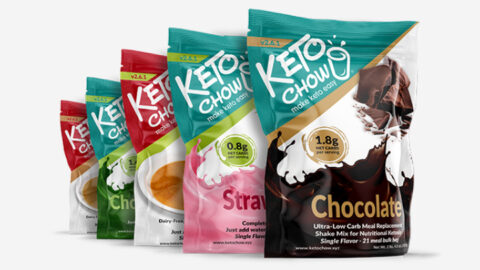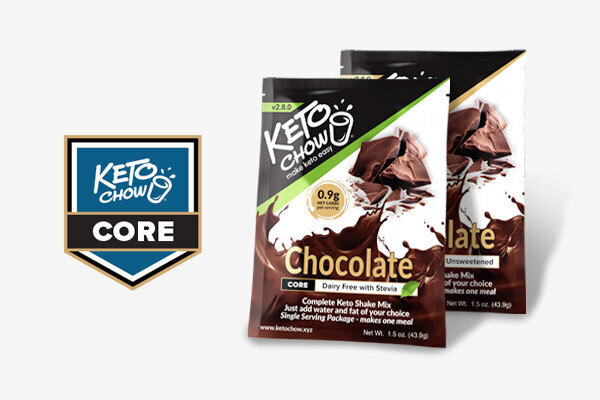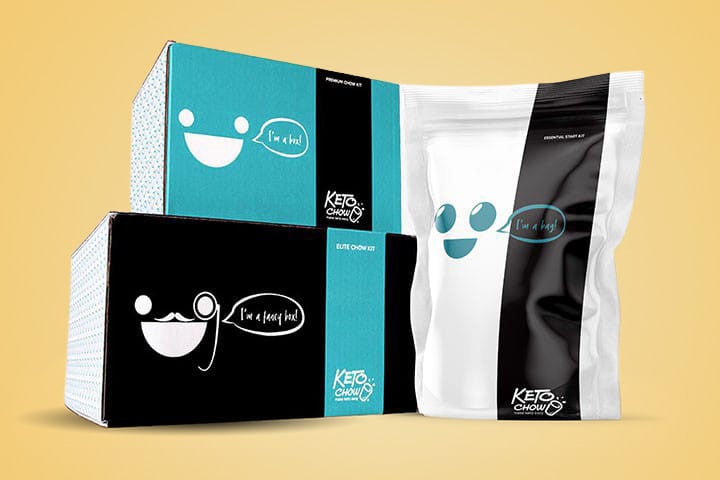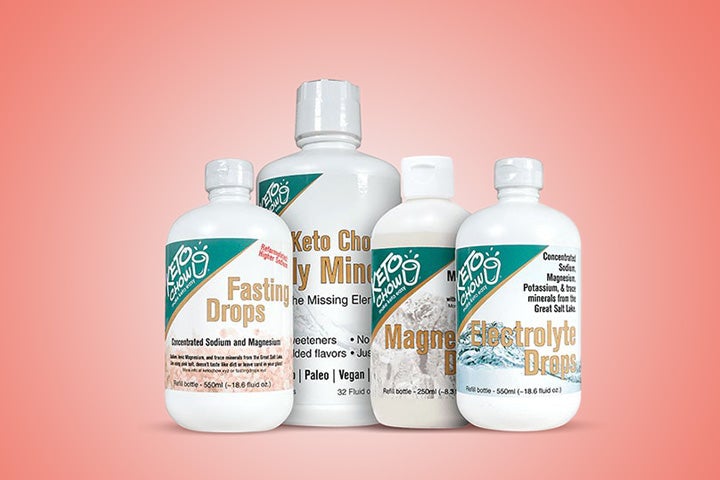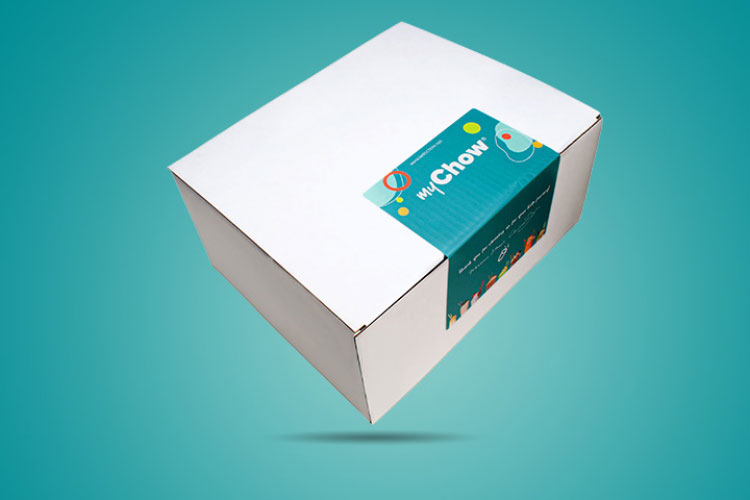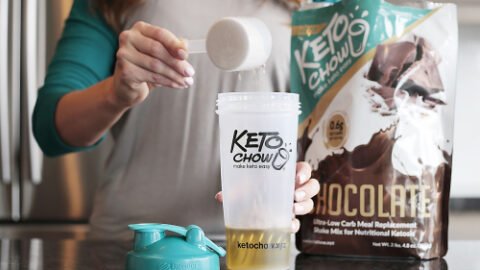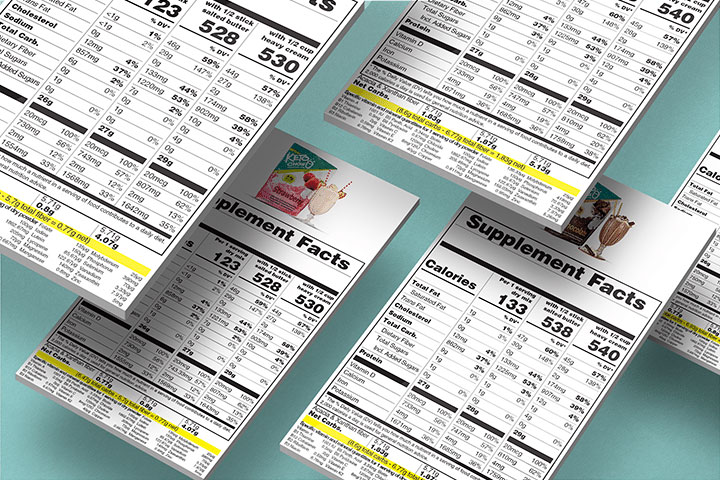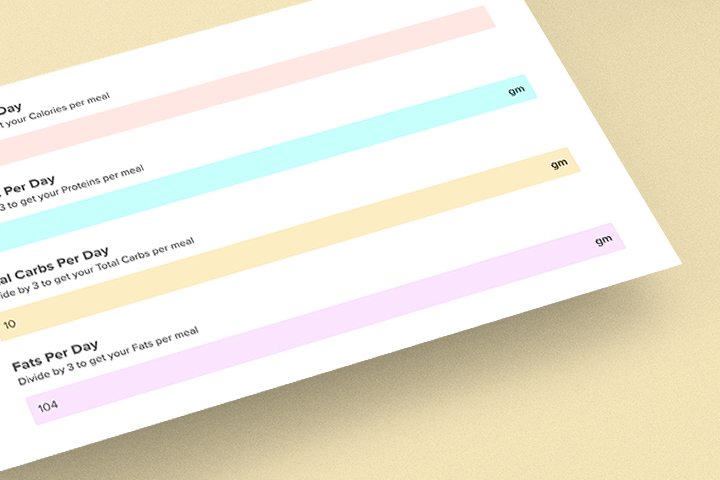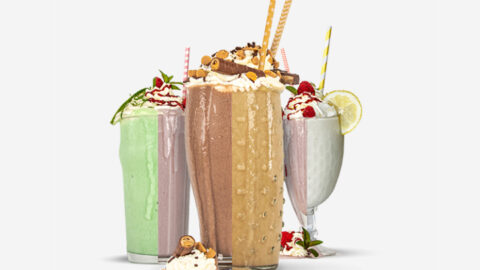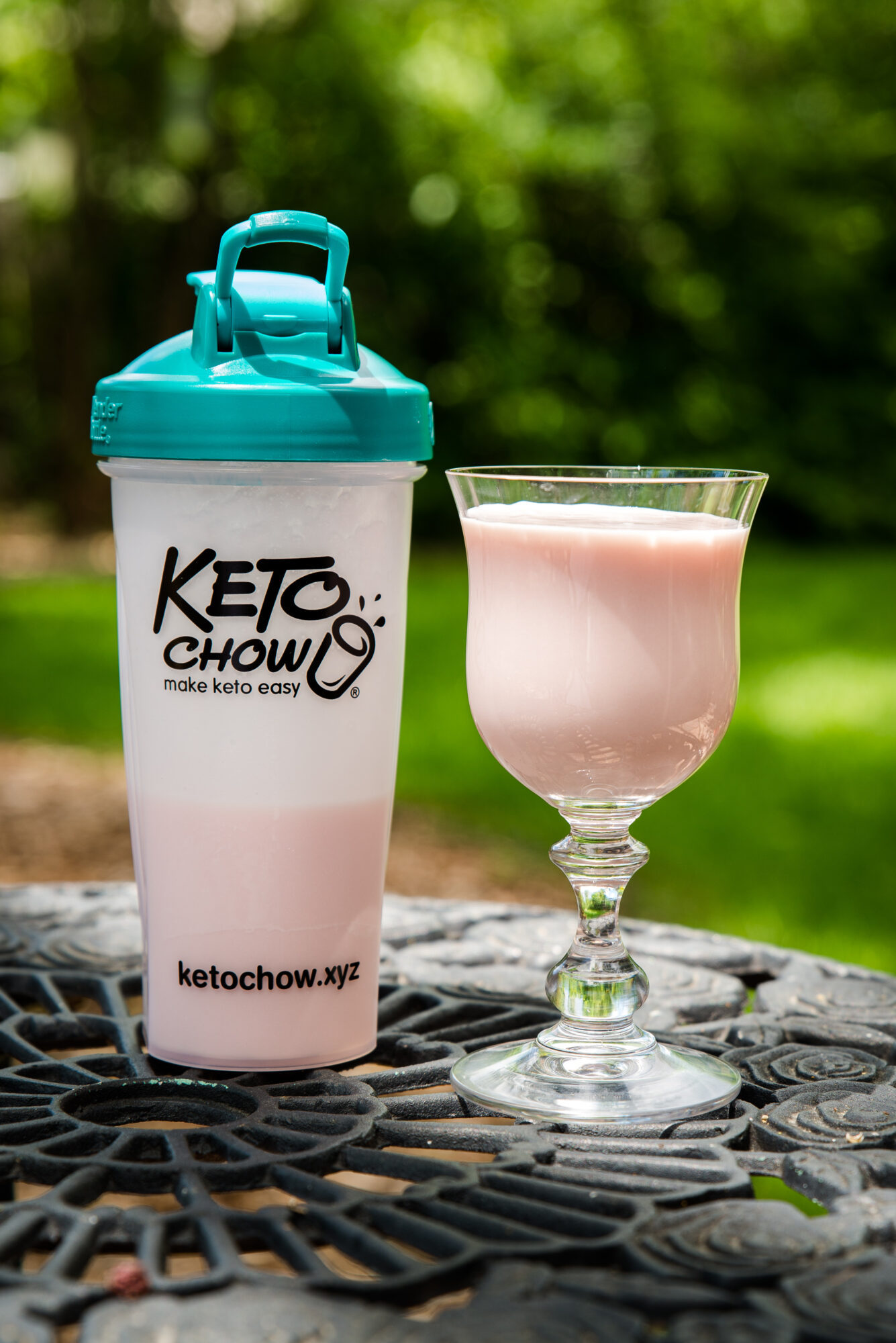The two main things that cause diarrhea on keto are MCT oil and sugar alcohols. Both of these are notorious for causing loose stools.
Keto diets are great for weight loss, reversing type 2 diabetes and metabolic syndrome, PCOS, and more. So what should you do if you’re getting a ton of benefits from eating keto except for your … um … bathroom habits? Why might you have diarrhea or constipation on keto and what can you do about them?
First it’s worth noting that keto diets often help gastrointestinal issues. Research shows keto can improve symptoms in diarrhea-predominant irritable bowel syndrome (IBS-D), and a diet with no fiber (although not necessarily ketogenic) was shown to completely resolve chronic constipation.
But what if you never had those problems before and they came on only after you started eating keto? Let’s look at the most common causes of these issues and how you can easily fix them.
The biggest culprits: MCT oil and sugar alcohols

The two main things that cause diarrhea on keto are MCT oil and sugar alcohols. Both of these are notorious for causing loose stools.
As the saying goes, the poison is in the dose: some people can eat a substantial amount of these and not experience diarrhea, while others are more sensitive and a small amount can have them searching for the nearest bathroom. Among the different kinds of sugar alcohols, erythritol is the least likely to cause loose stools.
The bigger culprits are maltitol, mannitol, xylitol and sorbitol

Sugar alcohols are found mainly in sugar-free candies, bars, ice cream, and other sweetened foods—especially sugar-free chocolate. So if these items are a regular part of your diet and you’ve had a few run-ins with what the keto community lovingly calls “disaster pants,” consider cutting back on them or avoiding them entirely. (If you know, you know!)
Stick to products sweetened with erythritol or allulose. These are less likely to cause GI distress when consumed in reasonable amounts.
MCT Oil
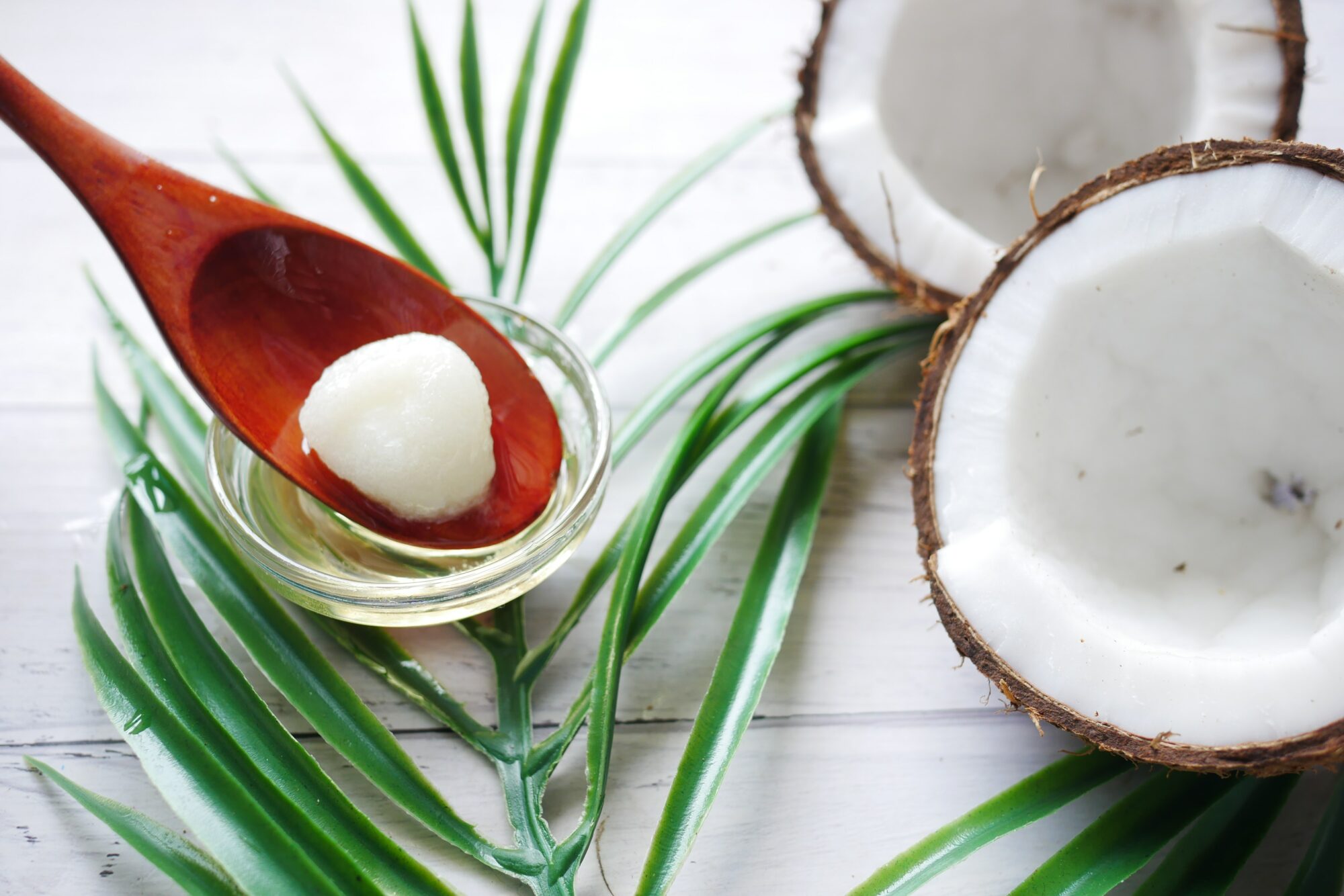
Regarding MCT oil, while it can be beneficial in certain circumstances, it’s not required on keto. People were getting great results using very low-carb diets centuries ago, long before you could buy MCT oil at the grocery store.
So if you like it, ask yourself if the benefits you get from it are worth the tradeoff of the GI symptoms, or experiment with reducing the amount you use to see if you can find the sweet spot for getting the effects you want without triggering the loose stools.
Keto and Constipation

If you believe that a high fiber intake is needed to ensure healthy bowel movements (BMs), then it makes sense that you might get constipated on a keto diet.
Since you need to keep your carbohydrate intake very low when you eat keto, that means you’re taking in a lot less fiber since you’ve ditched the bran muffins, high-fiber cereals, beans, and whole grains. But the truth is, fiber doesn’t always get things moving. In fact, sometimes it makes it worse!
The more likely explanation for constipation on keto diets is a simple misunderstanding of what constipation actually is. Some people think it’s essential to have a bowel movement every day, but this isn’t true.
So what is constipation?

According to the American Society of Colon & Rectal Surgeons:
“The belief that one must have a bowel movement every day simply is not accurate and can lead to unnecessary concern and even abuse of laxatives. In fact, if one’s daily bowel movement is hard, requires great effort to expel, or does not satisfactorily empty, the individual would still be considered to have constipation in spite of having a ‘normal’ frequency.
“On the contrary, if one has a bowel movement every third day but it is not hard, does not require straining, and completely evacuates, then one may very well consider this a ‘normal’ bowel movement.”
So, if you think keto is causing you to have constipation, first ask yourself how you’re defining constipation. If you’re having fewer BMs than you did when you ate more carbs, this doesn’t mean you’re constipated. If your stool is well-formed, requires no straining to pass, and your bowel empties completely, good news: you’re not constipated!
You’re just going less often because you’re eating much less indigestible “roughage” that needs to be sent out.
Keto constipation remedies: salt and magnesium
But what if you do have constipation? Two main things work well to get things moving: salt and magnesium.
Salt
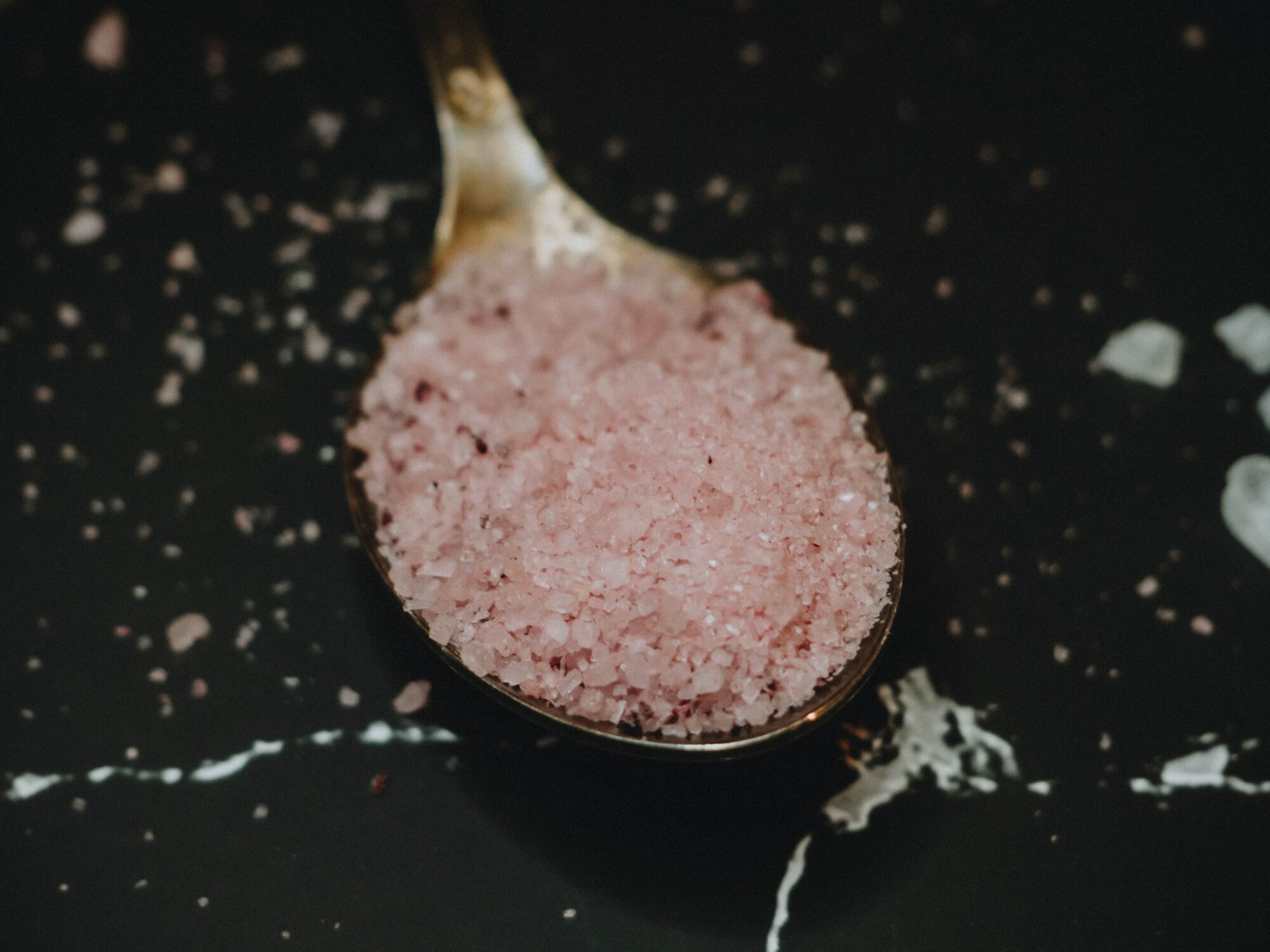
Don’t skimp on salt on a keto diet. Drinking enough water is important for healthy BMs, and salt is what helps your body hold on to the right amount of water to stay properly hydrated. (When you don’t drink enough water, your colon does you the favor of pulling water out of your stool to be reabsorbed back into your body.
But this means you’re left with stools that are hard, dry, and painful to pass – i.e., constipation. So drink enough water but also take in enough salt so that your body can hold on to what it needs so your colon doesn’t have to wring out every last drop from your stool.)
Magnesium
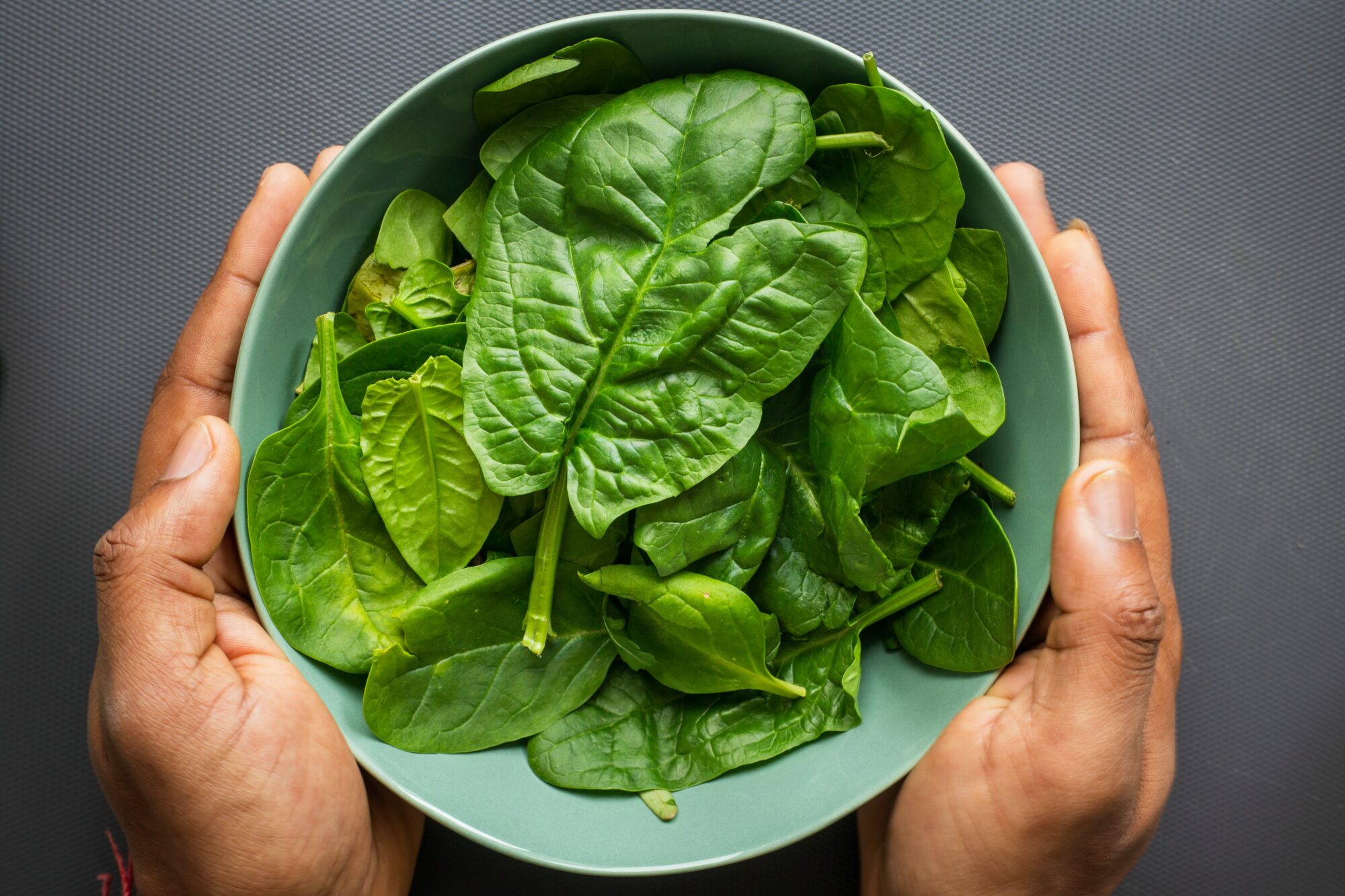
The other electrolyte that’s your friend if you have constipation on keto is magnesium. Magnesium helps draw water into the stool, which makes it softer and easier to pass. In fact, one of the signs you’ve taken too much magnesium is … loose stools!
This isn’t something you’d want to deal with every day, but if you’re constipated, a little “cleanout” would be most welcome. And you’ll find the dose that’s just right for you to take on an ongoing basis—enough to keep things moving but below the threshold for causing diarrhea.
If increasing your salt intake and supplementing with magnesium don’t give you any relief, try increasing your carb intake a little bit. More fiber doesn’t work for everyone, but it does help some people. You might be able to eat more leafy greens and other fibrous non-starchy vegetables while still getting the benefits of a very low-carb diet.
Does having no gallbladder cause diarrhea on keto?

Most people who’ve had their gallbladder removed can follow a keto diet with no specific modifications. But those who do experience an upset stomach or oily stools when they’re new to keto might try shifting more slowly to a higher fat diet rather than jumping into keto all at once. (It’s important to clarify, though, that keto isn’t always a very high-fat diet.
What makes a diet ketogenic is a very low amount of carbohydrate, not a huge amount of fat. In fact, eating too much fat—typically from nuts, cheese, and heavy cream—is a common reason for slow or stalled weight loss on a keto diet.
Keto diets that are especially high in fat are more commonly used to treat epilepsy and other severe medical conditions, as opposed to the more liberal approach to keto that works for weight loss and issues related to insulin resistance.)
Looking for something that can make keto easy?
Then check out Keto Chow! Keto Chow is a low-carb meal replacement shake with 1/3 of your daily recommended nutrients. You can choose from over 30 delicious flavors, and make the shake in seconds!
